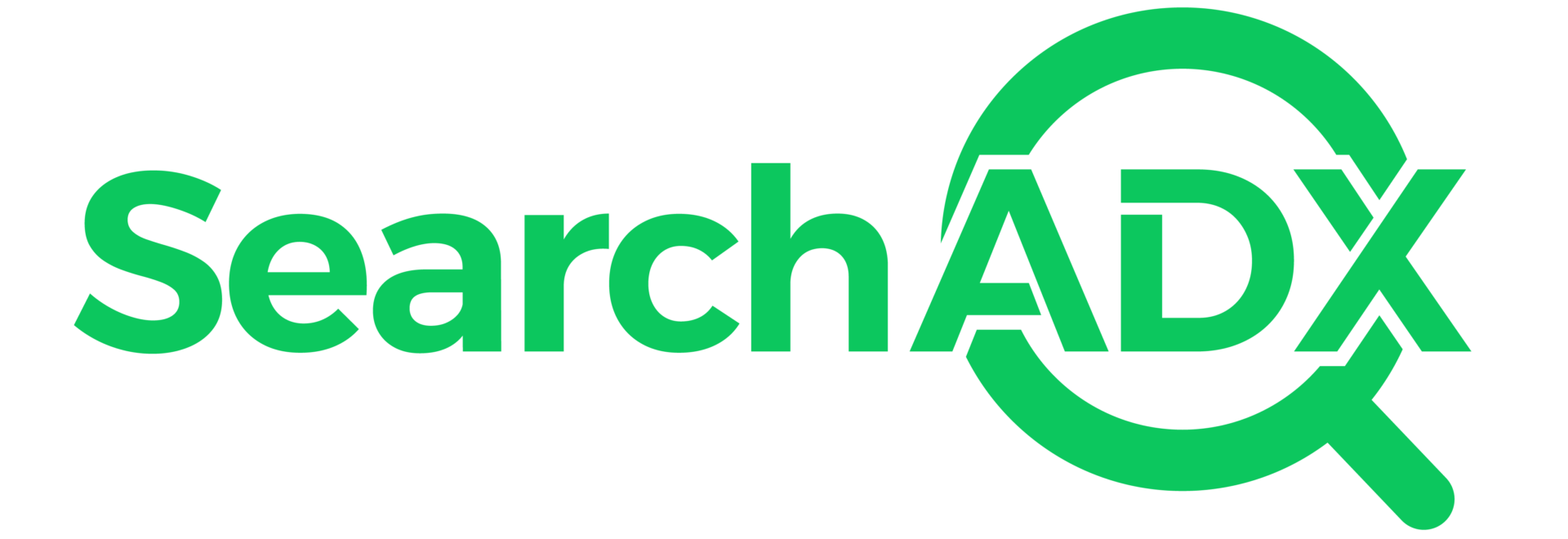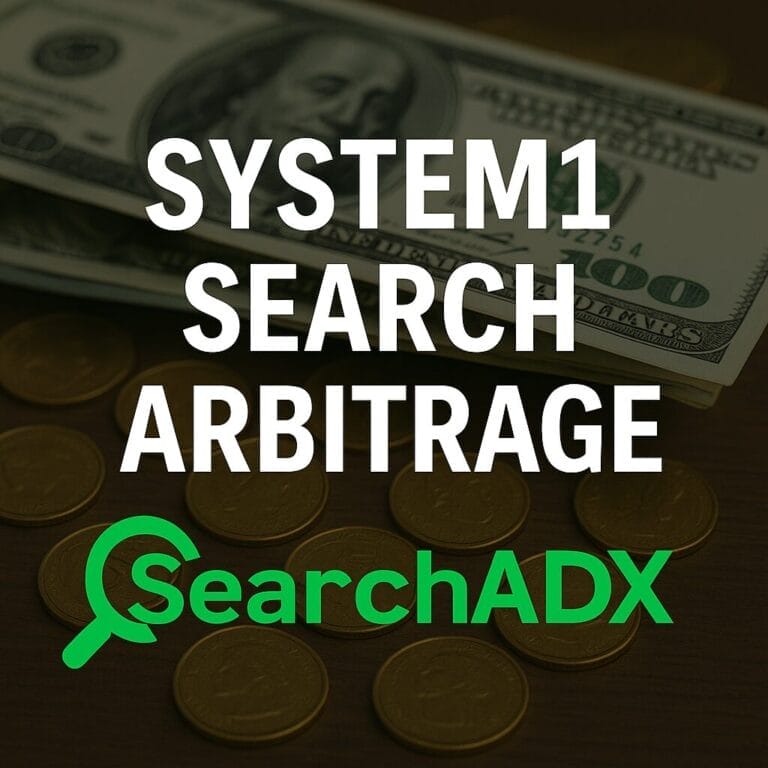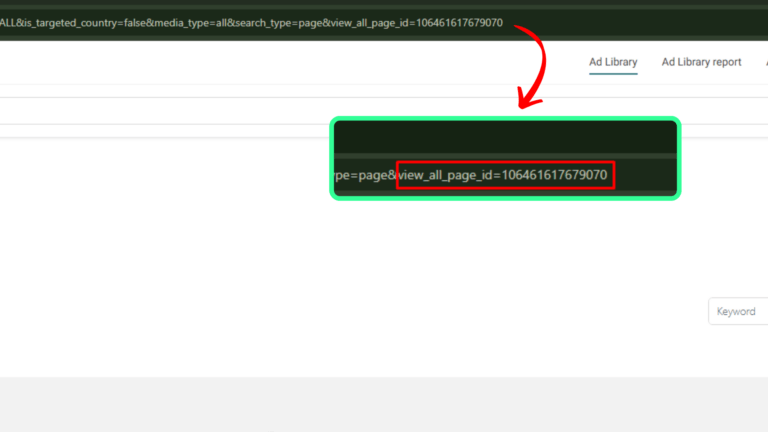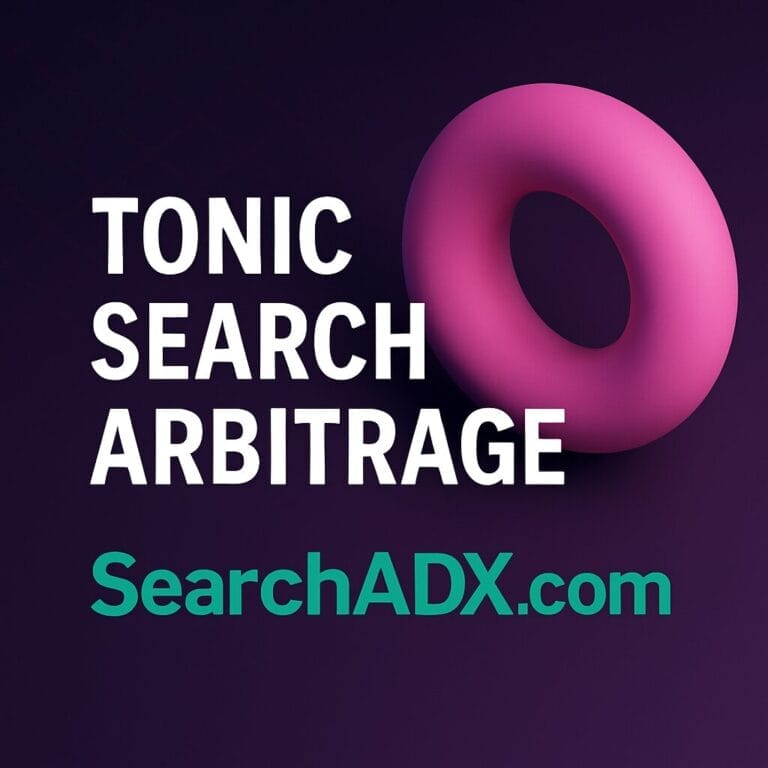Master Google’s RSOC RAF policy changes effective August 25, 2025. Learn about Restricted Access Features, strike system, and compliance requirements.
What Is the RSOC Policy Update?
Google announced a major policy update for AdSense for Search that will fundamentally change how publishers access advanced monetization features. This update, effective August 25, 2025, introduces a tiered access system based on account compliance and standing within the Search Partner Network (SPN).
The core of this update revolves around Restricted Access Features (RAFs) – powerful tools that have been broadly available to publishers but will now require invitation-only access based on strict compliance standards. This shift represents Google’s commitment to maintaining a healthy advertising ecosystem while rewarding compliant publishers with advanced monetization capabilities.
📊 Why This Update Matters
With RSOC becoming increasingly popular as a replacement for traditional AFD (AdSense for Domains), Google is enforcing higher standards to ensure quality and user experience across its Search Partner Network.
How Does the RSOC Policy Update Work?
The new system categorizes publishers into different status levels based on their compliance history. Your account status directly determines which features you can access:
- Qualified: Full access to all RAF features
- Probation: First strike – limited access for 90 days
- Restricted: Second strike – severely limited access for 90 days
- Revoked: Third strike – permanent loss of RAF access
Publishers maintaining good standing may receive invitations from their Google AdSense account managers to enable RAFs. This collaborative approval process ensures only trusted publishers gain access to advanced features.
What Are Restricted Access Features (RAFs)?
RAFs encompass the most powerful tools within AdSense for Search that enable publishers to optimize and scale their RSOC operations. Understanding these features is crucial for grasping the impact of losing access.
Related Search Unit Functionality
- Ability to serve more than 5 suggested search terms
- Multiple search units per page placement
- Partner-provided terms integration
- Advanced customization options for design and layout
Reporting and Analytics Features
- Access to 500+ custom reporting channels
- Granular performance metrics by channel, geography, and device
- Click-tracking permissions (new feature)
- Advanced revenue attribution capabilities
| Feature Category | With RAF Access | Without RAF Access |
|---|---|---|
| Search Terms | Unlimited custom terms | Maximum 5 Google-suggested terms |
| Units Per Page | Multiple units allowed | 1 unit only |
| Reporting Channels | 500+ custom channels | Generic default channels |
| Style Customization | Full control over appearance | Limited styling options |
| Click Tracking | Detailed click-level data | No granular tracking |
Who Is Affected by the RSOC Policy Update?
This update impacts every publisher using AdSense for Search, but the effects vary based on current compliance status:
⚠️ High-Risk Groups
- Publishers with existing policy violations
- Accounts with 5+ active violations as of August 25
- Those who haven’t addressed past compliance issues
- New publishers without established compliance history
Google’s Strike System Explained
The three-strike system operates on a two-year rolling window, meaning strikes expire after 24 months if no additional violations occur. Here’s how each level works:
Google’s 3-Strike System Visualization
⚠️ Strike 1: Probation
Duration: 90 days
Impact: Limited RAF access
Recovery: No violations for 2 years
🚫 Strike 2: Restricted
Duration: 90 days
Impact: Severe limitations
Recovery: No violations for 2 years
❌ Strike 3: Revoked
Duration: Permanent
Impact: No RAF access
Recovery: Not possible
First Strike: Probation
When you receive your first strike, your account enters probation status. This serves as a warning period where you can still operate but with limitations. You’ll need to:
- Fix all policy violations immediately
- Submit an acknowledgment form
- Operate with reduced RAF access for 90 days
Second Strike: Restricted
A second violation within 90 days of the first results in restricted status. This is your final warning before permanent revocation. Restrictions include:
- Minimal RAF access
- 7-day account hold initially
- Severely limited optimization capabilities
Third Strike: Revoked
The third strike results in permanent RAF revocation. While your AdSense account remains active, you lose access to all advanced features permanently with no possibility of reinstatement.
Examples of Violations Under the RSOC Policy
Understanding what constitutes a violation is crucial for maintaining compliance. Google categorizes violations into two types:
Standard Violations
Multiple standard violations (typically 5 or more) can result in a strike:
- Misleading ad creative text not matching landing page content
- Clickbait or deceptive headlines
- Hidden or obscured content
- Auto-redirects or forced clicks
- Thin or low-quality content pages
Egregious Violations
A single egregious violation immediately results in a strike:
- Fraudulent or phishing content
- Malware distribution
- Severe trademark infringement
- Content promoting illegal activities
- Large-scale invalid traffic schemes
Will Past Violations Count Toward Strikes?
This is a critical consideration for publishers with existing violations. Google’s approach is nuanced:
✅ Good News for Proactive Publishers
Policy violations that are successfully appealed and removed from your account before August 25, 2025 will NOT count toward your RAF status. This gives you a crucial window to clean up your account.
However, any active violations remaining on August 25 will immediately impact your status. For example:
- 5+ active violations = Immediate probation status
- 1 egregious violation = Immediate strike
- Multiple egregious violations = Potential for immediate restricted or revoked status
How to Remove Strikes and Reset Status
The strike removal process is straightforward but requires patience:
- Time-based expiration: Strikes automatically expire after 2 years without additional violations
- No manual removal: You cannot request strike removal or pay to expedite the process
- Prevention focus: The only way to improve status is avoiding future violations
Strike Expiration Timeline Example
| Event | Date | Status | RAF Access |
|---|---|---|---|
| First Strike | Sept 1, 2025 | Probation | Limited |
| No violations for 2 years | Sept 1, 2027 | Qualified | Full |
| Second violation | Oct 15, 2025 | Restricted | Minimal |
| Strike expiration | Oct 15, 2027 | Probation | Limited |
Can You Appeal an RSOC Strike?
You cannot directly appeal strikes, but you can appeal the underlying policy violations through the standard Policy Center process. Here’s how it works:
Successful Appeal Scenarios
- Violation didn’t occur: If Google confirms no violation happened, the strike is removed
- Violation was fixed: If you corrected the issue, the violation remains but the strike stays
⚠️ Important Appeal Considerations
- Account managers cannot appeal on your behalf
- Appeals must go through the Policy Center
- Fixed violations don’t remove strikes
- Only disproven violations result in strike removal
What Happens If You Lose RAF Access?
Losing RAF access severely impacts your ability to monetize and optimize RSOC campaigns:
Operational Limitations
- Single unit restriction: Only 1 related search unit per page
- Generic reporting: Loss of custom channel tracking
- Limited keywords: Maximum 5 suggested terms
- No customization: Restricted styling options
- Poor optimization: Inability to A/B test effectively
Revenue Impact
Publishers report significant revenue drops without RAF access due to:
- Lower click-through rates from generic styling
- Reduced relevance with limited keywords
- Inability to optimize based on performance data
- Loss of multi-unit monetization opportunities
Best Practices to Maintain Compliance
Proactive compliance management is essential for maintaining RAF access. Here are proven strategies:
1. Pre-August 25 Checklist
- ✓ Audit all existing pages for policy violations
- ✓ Appeal any current violations immediately
- ✓ Review and fix ad creative accuracy
- ✓ Ensure content quality meets standards
- ✓ Verify technical compliance (ads.txt, etc.)
2. Ongoing Compliance Strategy
- Weekly audits: Review new content before publishing
- Creative pre-approval: Test ad creatives for policy compliance
- Traffic quality monitoring: Ensure legitimate traffic sources
- Content depth: Maintain substantial, valuable content
- Transparency: Clear user experience without deception
3. Technical Best Practices
| Area | Requirement | Action Items |
|---|---|---|
| Ad Creative | Must match landing page | Pass ‘referrerAdCreative’ parameter accurately |
| Keywords | Relevant to content | Use contextual terms that align with page topic |
| Page Quality | Substantial content | Minimum 300-500 words of valuable information |
| User Experience | No deceptive elements | Clear navigation, no forced clicks |
Final Thoughts: Preparing for the RSOC Policy Update
The August 25, 2025 RSOC policy update represents a watershed moment for publishers in the search arbitrage space. Success in this new environment requires:
- Immediate action: Address any existing violations before the deadline
- Ongoing vigilance: Implement robust compliance monitoring
- Quality focus: Prioritize user experience and content value
- Technical excellence: Ensure proper implementation of all requirements
🎯 The Bottom Line
RAF access will become the differentiator between successful RSOC publishers and those struggling to compete. The time to act is now – review your compliance status, fix any issues, and establish processes to maintain clean standing going forward.
Remember, while the strike system may seem daunting, it’s designed to reward quality publishers who prioritize user experience and follow best practices. By focusing on compliance and value creation, you can thrive in the post-August 25 RSOC landscape.





